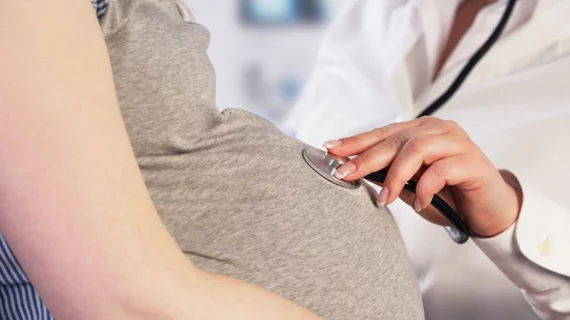Fertility treatments do not increase risk of invasive breast cancer
Women who take part in assisted reproductive therapies (ART) such as in vitro fertilization are not at an increased risk of invasive breast cancer, according to a recent study published in the BMJ.
“Assisted reproduction is practiced worldwide, and more than five million children have been born as a result,” wrote authors Alastair G Sutcliffe, MD, PhD, from the University College London (UCL) in London, and colleagues. “It is important to establish related disease risks for affected individuals, public health systems, and for counselling of potential patients.”
Sutcliffe et al. studied data from more than 250,000 patients from Great Britain who took part in fertility therapies from 1991 to 2010. Data were provided by the Human Fertilisation and Embryology Authority. The average patient age at first treatment was 34.5 years old.
Overall, patients taking part in these therapies are at no additional risk of invasive breast cancer or uterine cancer. The authors did report a small increased risk of ovarian cancer and non-invasive breast cancer, but said this was not due to any sort of fertility treatment.
“This is by far the largest study and represents good news for women and couples considering assisted reproductive technology or those who have already had ART,” Sutcliffe said in a UCL news release. “While we found a small increased in ovarian cancer, this was not due to the ART treatment, but part of the underlying characteristics of those women already at higher risk.”
The authors concluded that additional research is needed to learn more about ART and the long-term affect it has on patients.
“Further investigation of this and longer follow-up is warranted to continue monitoring these important outcomes in this ever growing population,” they wrote.

